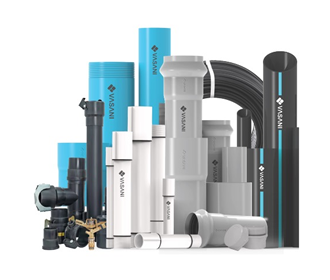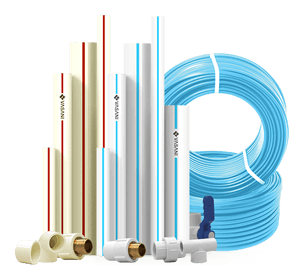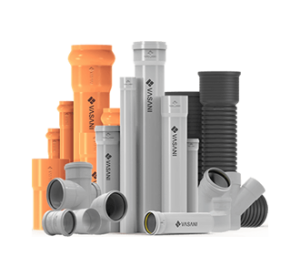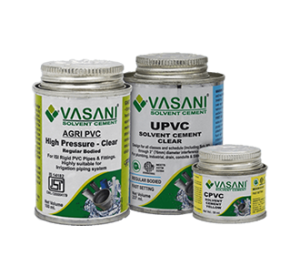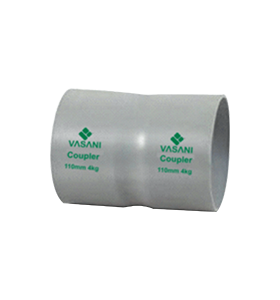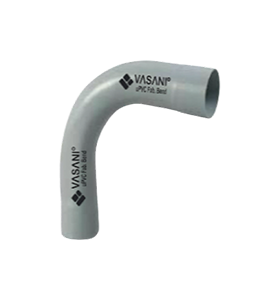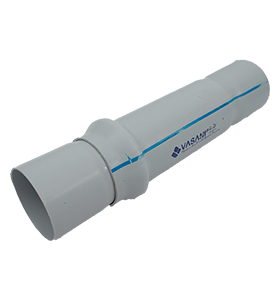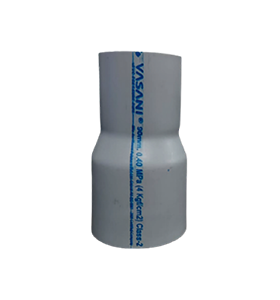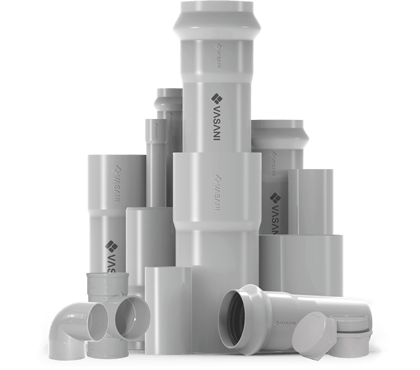
uPVC Pressure Pipes & Fittings
Product Brief
- HSN code : Pipes- 39172390 & Fittings – 39174000
- Material: Unplasticized Polyvinyl Chloride (uPVC)
- Pressure Rating: 2.5, 4, 6, 8,10,12.5 kgf / cm2.
- Size: 20 mm to 400 mm dia pipe available.
- Standard: IS : 4985 : 2000
- Colour: Light Grey
Form Supplied: Balled ended and Elastomeric PVC Pressure Pipes with Sealing Rings (RRJ) pipe in 6mtr. length.
uPVC Pressure Fittings
uPVC Pressure Moulded Fittings
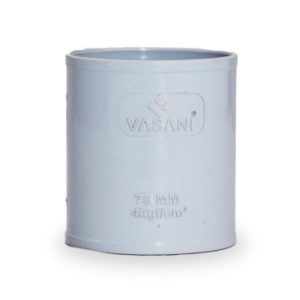
Coupler
More Details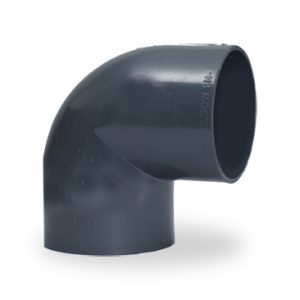
Elbow
More Details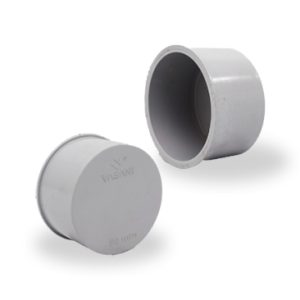
End Cap Plain
More Details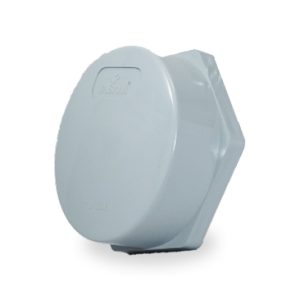
End Cap Threaded
More Details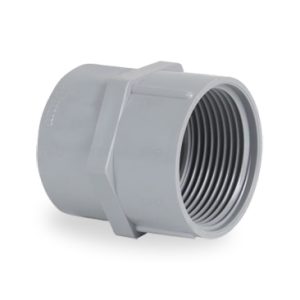
F.T.A
More Details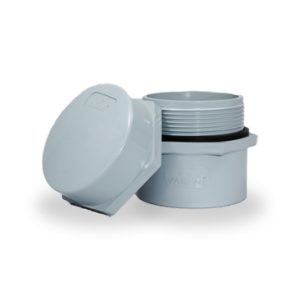
M.T.A
More Details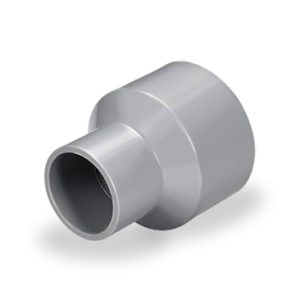
Reducer
More Details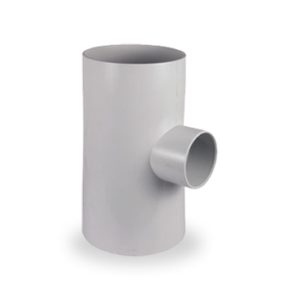
Reducer Tee
More Details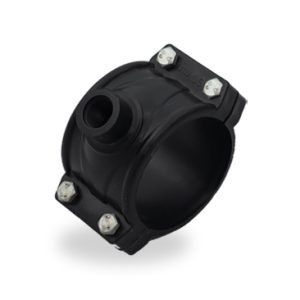
Service Saddle Hdpe
More Details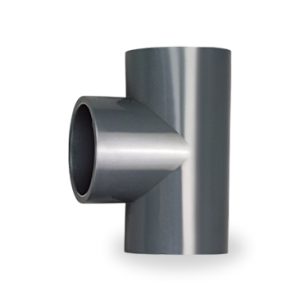
Tee
More Details
Elbow
More Details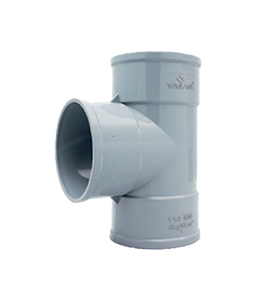
Tee
More DetailsuPVC Pressure Fabricated Fittings
Advantages
Eco-Friendly
Low cost and Economical
Easy to Transport and Install
Non- Corrosive, Does not rust
Highly Flexible Can Take Heavy load
Non resistant to Chemicals & Electrical
Non Effective of Sunlight [ Weather Resistant ]
Suitable for over Ground, Underground & Under Water Usage
Non Effective to Rodents
Low Friction loss Which will Save Power Consumption
Technical Details
Jointing
For Ringfit Pipes :

Cleaning
The surface dirt, grease or moisture must be removed with a clean dry cloth.
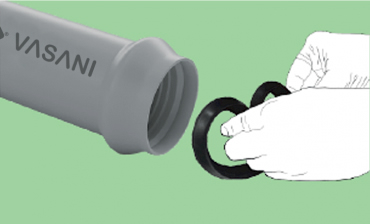
Rubber Ring fitment
Take rubber ring & clean for surface dirt of any & insert in pipe groove by hand.

Cutting
The pipe must be cut in a square shape. The base of the fitting socket needs a rubber ring to seal it, since an angled cut may result in leakage.
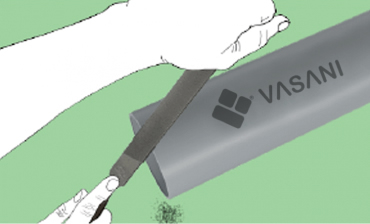
Chamfering and cleaning
The surface dirt, grease or moisture must be removed with a clean dry cloth. A 10° – 15° chamfer must be made at the end of the pipe.
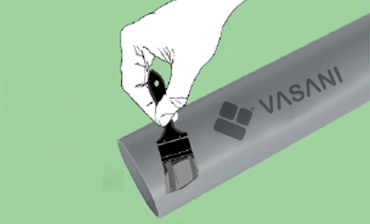
Lubricant application
Apply even layer of lubricant on rubber ring and outer diameter of pipe prior to insertion.

Assembly
Push the pipe in integrated ring socket till end.
For Selfit Pipes & Fittings

Measuring
Measure the required length of pipe and marking done.
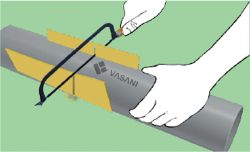
Cutting
The pipe must be cut in a square shape. The base of the fitting socket needs a rubber ring to seal it, since an angled cut may result in leakage.
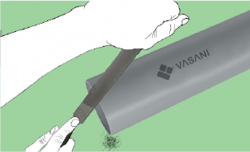
Deburring & Chamfering
All the burr must be removed from the inside and outside of the pipe with a knife, file or de-burring tool. A 10° – 15° chamfer must be made at the end of the pipe.
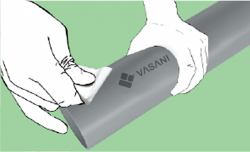
Cleaning
The surface dirt, grease or moisture must be removed with a clean dry cloth.
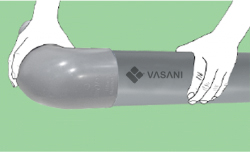
Check Dry Fit
Using light pressure, the pipe should be inserted one third to half the way into the socket. Note that pipes and fittings that are too tight or too loose should not be used.
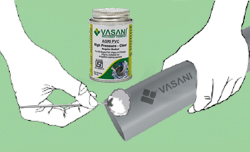
Solvent Cement Application
An even layer of cement should be applied to the outer side of the pipe and a medium layer of the solvent cement to the inside of a fitting.
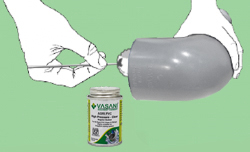
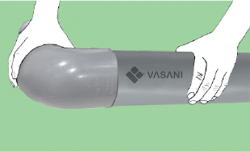
Assembly
Join the pipe and fitting socket till in contact with the socket bottom. Hold the pipe and fitting together until the pipe does not retract. The excess cement can be removed from the exterior surface of the pipe and fitting. A properly made joint will show a continuous bead of cement around the perimeter of the pipe and fitting.

